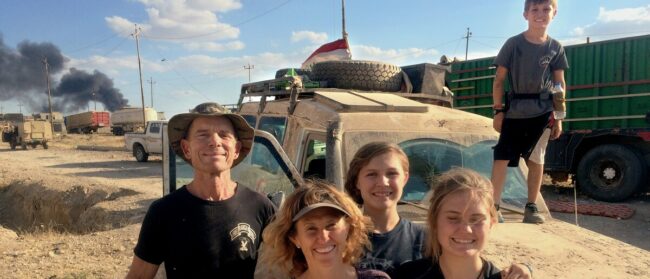The Cambodian American Literary Arts Association (CALAA) is a Cambodian diaspora organisation that aims to preserve and enrich historical, social, spiritual, and cultural values for Cambodian communities around the world. The following is a collection of short personal accounts of the race and the Black Lives Matter movement from its members situated across the US. An op-ed on the topic by CALAA’s Deputy Director Joan Chun can be read here.

Sabrina Im
San Gabriel, California
As a Khmer American and daughter of refugees, my liberation, those of my parents, and my fellow Southeast Asian siblings is tied to the community organizing of Black leaders. It is my duty to stand in solidarity.
The world has been going through multiple shifts this year, and my body has been grieving. But as a poet, I see my role to be centered on following the lead of Black activists and amplifying the intersections of these movements. Much of my work is inspired by Black activists and scholars like Audre Lorde, bell hooks, and Angela Davis.
I continue to learn and am reminded that we must continue to take care of one another, and show up – really show up in collective solidarity. There are many roles in a revolution, not everyone can be on the frontline, but everyone has a place.
I am still learning how to have difficult conversations with family. But I am hopeful, because I was able to pull my mom to be part of this. Because she grew to have a better understanding, she jumped in and participated alongside me for the Letters for Black Lives project.
We are all living through a pandemic, and a historic revolution. But when our Southeast Asian communities can come together, united against injustice, I hope we can all be reminded of hope and of collective solidarity.
Because we need justice and liberation for our Black communities. Because Black lives matter. Black dreams matter. Black futures matter. Always.
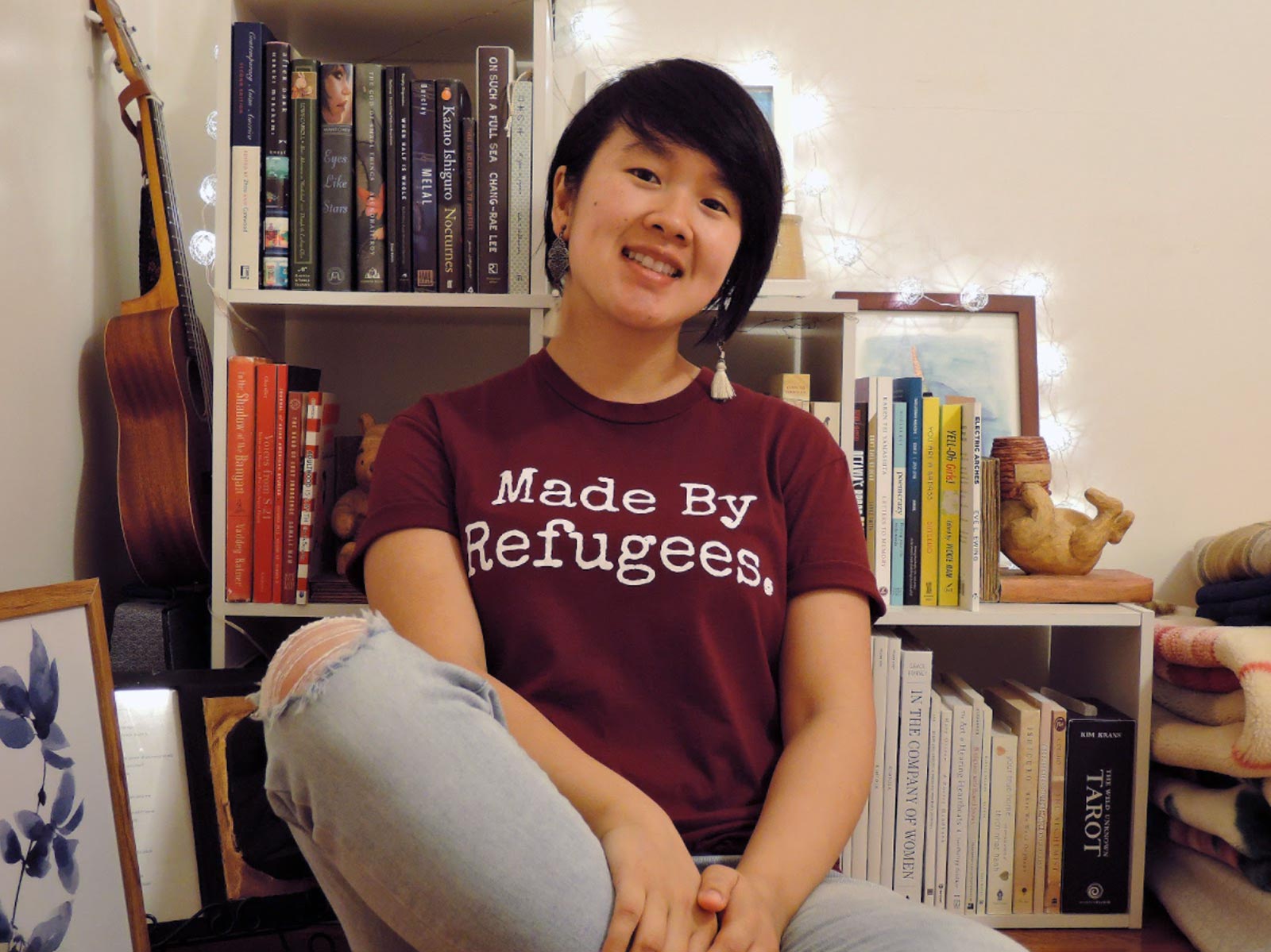






Sopheak Sam
Lowell, MA
It’s no secret that anti-Black racism persists in the Asian-American community, and particularly in the Cambodian community in which behaviors are enduringly covert and casual.
I would be remiss to suggest that it is exclusively a generational issue among our elders. It has been my personal experience that even Cambodian millennials, including myself, are complicit in the ways we consume Black culture, but we harm Black people – whether directly or obliquely.
So, what does anti-Blackness look like for Khmer people? In the moments I bite my tongue around family when, for example, someone says “Black people are so loud” or “Black people do not follow the law” or when the n-word is casually thrown around. When I choose not to speak up during these private moments, I do a tremendous injustice to the Black community who I firmly stand with in solidarity.
For me, the path towards anti-racism starts when we acknowledge that we as non-Black people have varying degrees of biases and racist attitudes as a byproduct of structural white supremacy. And that we’re constantly working on learning (and actively unlearning certain frameworks of thinking) in hopes that there’s true impact behind our intentions.
Let’s stop trying to convince others “we are not racist,” and move beyond siloed conversations among those who already think like us. Instead, why don’t we listen to and support the Black people around us?
Cambodian-Americans have to eventually come to grips with the fact that we are likely part of the problem, and that we’ve been for a while. We also have the tools to be part of the solution, and we can start with those small and private moments with family. Black lives depend on it.
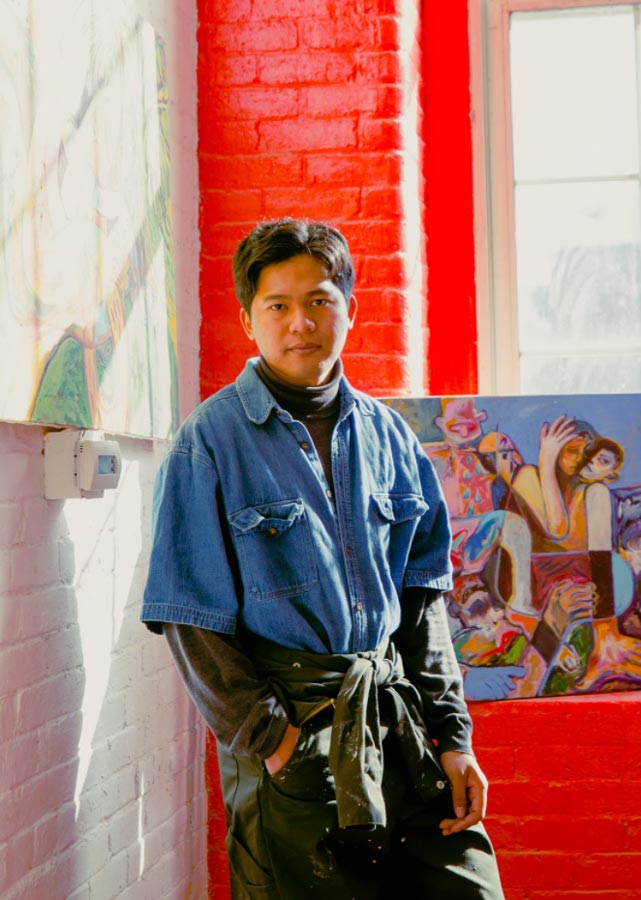






Anthony Villa
Haverhill, MA
My name is Anthony Villa. I am eighteen years old. I am half Khmer and half Dominican. I just graduated high school.
History is repeating itself. The people are at their breaking points and are protesting all over the world over the brutal killing of George Floyd in the hands of police. If the government does not listen to the people now, it will only get progressively worse.
The Black Lives Matter movement has opened my eyes to see other people’s perspective.
To the younger generation. Please take the time to talk to other people outside of your community. If you go on a school trip, talk to someone you normally would not talk to.
To the Black community, I cannot exactly feel all your emotions, but I will join the fight with you. Against racism. Against police brutality. Against evil.
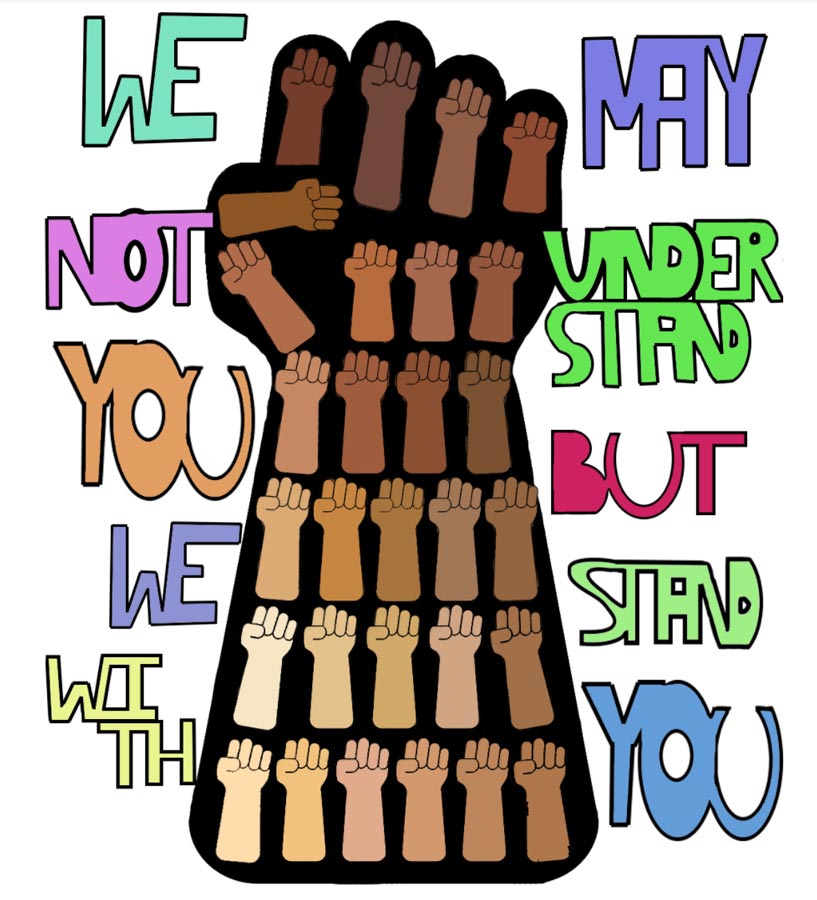






Vannary Kong
Washington DC
Ambassador Abercrombie -Winstanley once stated, “Change does not happen with one person, it happens in waves.” This quote resonates with me as I journey though this world being mixed raced through the Khmer Diaspora. Growing up in Indianapolis, Indiana, the state that was the birthplace of the Ku Klux Klan, I definitely experienced my share of racism and discrimination both from not being ‘Asian enough’ to not being ‘Black enough’. However, I do not want to focus on the negative aspects, I want to focus on the positive aspects.
Growing up, I always knew in my heart that I was going to have a significant impact in this world. When I was a child, I would spend summers with my grandparents where my grandfather taught me about foreign policy, Cambodian Affairs, and the economic and social impacts of the Khmer Rouge War. He used to work for the American Embassy in Phnom Penh and was able to get all my family out of Cambodia in 1975. He used to always tell me, “Go to school, get good grades, and go help restore Cambodia.” This simple statement is what inspired me to go into the U.S Foreign Service as a Diplomat.
Cambodia does not have a voice in Asian Foreign Policy, and I am grateful that I have an opportunity to give that voice back. I am always so proud of the resilience and the aspiration to restore a rich history that has been taken from the Khmer Diaspora.
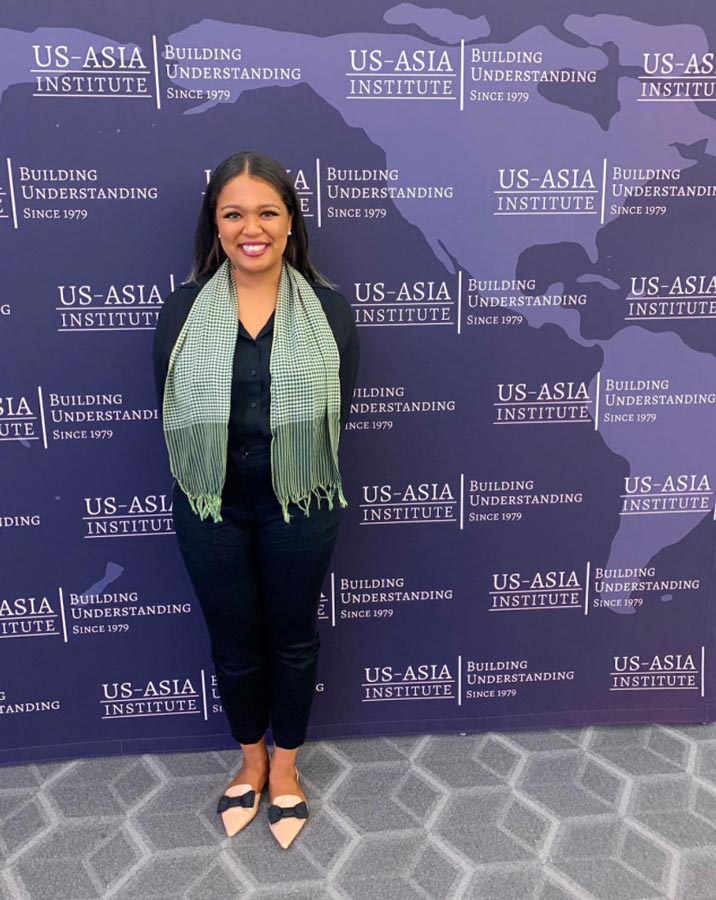






DK
Minneapolis, Minnesota
It is our duty to fight for black liberation alongside our black communities. Using our privileged, non-Black bodies with our connections and outlets to amplify their tired voices and protect their bodies.
Why would they constantly be scrutinized and judged unjustly for the color of their skin. Thanking God everyday just to see another day, or praying just to make it through the hour. All of this … Is about race, and it has always been since the beginning of history in the United States.


This story is part of our ongoing The View From Southeast Asia series, tackling issues of identity, ethnicity, rights, discrimination and culture across Southeast Asia. If you have your own reflections to share, you can contact the Globe at a.mccready@globemediaasia.com.


